-54%
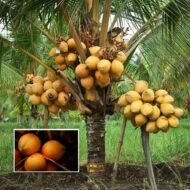
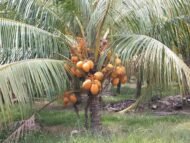
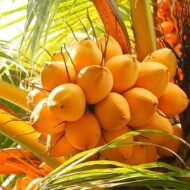
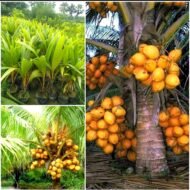
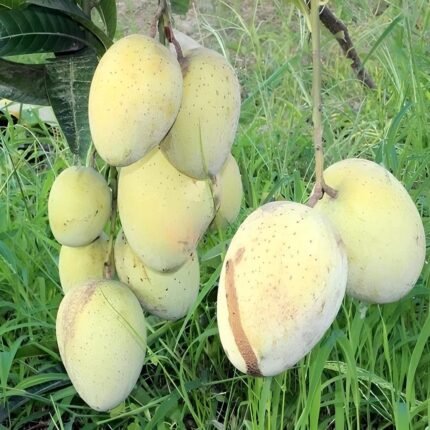
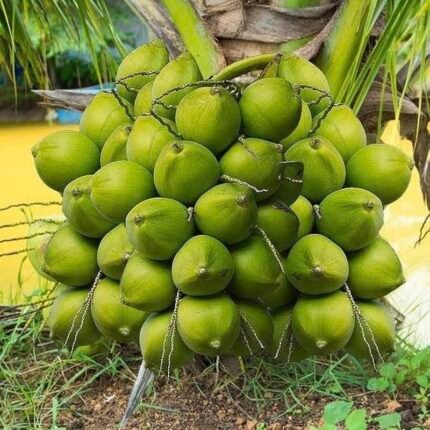




₹1,299.00 Original price was: ₹1,299.00.₹599.00Current price is: ₹599.00.
Details:
The plant is a tall, graceful palm with a slender trunk and long, arching fronds.
It typically grows up to 15-30 meters tall and can withstand strong winds and adapt to various soil types, including sandy and loamy soils.
Kerala coconuts are known for their high water content and rich flavor, and they are harvested year-round, with peak production during the summer.
The Kerala coconut plant, scientifically known as Cocos nucifera, is a significant symbol of Kerala’s culture and a vital resource for the state. It’s a tall, graceful palm with slender trunks and long, feathery fronds, commonly referred to as the “Tree of Life” due to its many uses. The tree is native to the coastal regions of Kerala and is known for its adaptability and ability to produce coconuts year-round.
Here’s a more detailed look at the Kerala coconut plant:
Coconuts are a staple ingredient in many Kerala dishes, and coconut oil is widely used.
The husk is used for coir, and the shell can be used for making various items.
The coconut tree is a symbol of Kerala’s rich culture, and the word “Kerala” is derived from the word “kera,” which means coconut.
Coconut farming is a significant source of livelihood for many people in Kerala.
The coconut tree plays a role in carbon sequestration, helping to combat climate change.
No account yet?
Create an Account
Anonymous –
Meera Roy –
Anonymous –
Everything arrived in perfect condition and on time.
Aryan Patel –
Shreya Bhat –
The items exceeded my expectations. Will definitely shop here again.
Mohit Saxena –
Very satisfied with my purchase. Everything was as described.
Anonymous –
Fantastic quality and prompt customer support. I’m a happy customer.
Anonymous –
Rahul Rao –
Rahul Rao –
Amazing customer service and great products. Highly recommended!
Vivek Deshmukh –
Seamless shopping experience and top-quality items. Highly recommend.
Anonymous –
Anonymous –
Wonderful service and great quality. I will definitely shop again.
Anonymous –
Anonymous –
Nitin Shetty –
Quick delivery and great customer support. The items arrived well-packaged and in perfect condition.
Anonymous –
Rajat Malhotra –
Ananya Desai –
Everything arrived in perfect condition and on time.
Deepika Jain –
Priya Gupta –
Anonymous –
The items were packaged well and arrived in perfect condition.
Aditya Verma –
Isha Thakur –
Vikram Malhotra –
Quick delivery and great customer support. The items arrived well-packaged and in perfect condition.
Aman Khanna –
Smooth transaction and fast shipping. Great experience.
Anonymous –
The products are of high quality and very durable.
Arnav Joshi –
Aarohi Iyer –
Anonymous –
Excellent quality and timely delivery. Couldn’t be happier.
Anika Jha –
Anonymous –
Anonymous –
I’m extremely satisfied with my purchase. Highly recommend.